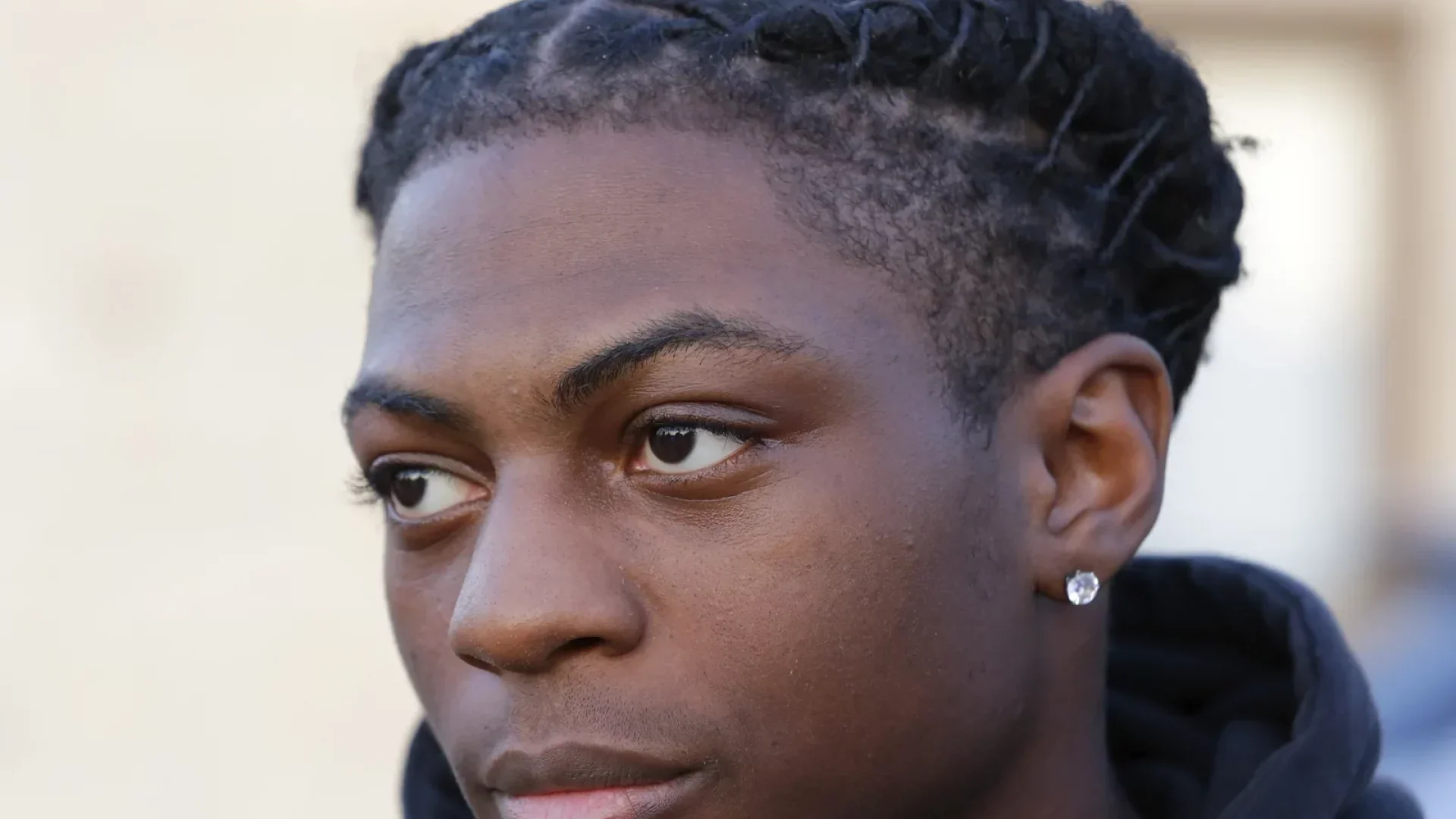
A Texas superintendent is defending the decision to repeatedly suspend a Black student for wearing his natural hair in locs.
Greg Poole, Barbers Hill Independent School District superintendent, took out a full-page newspaper ad in the Houston Chronicle, explaining his rationale for suspending 17-year-old Darryl George, the Washington Post reports.
“Being an American requires conformity with the positive benefit of unity,” Poole wrote.”We have taken the highly unusual step of seeking a declaratory judgment in state district court to verify our interpretation,” he continued.
The ad ran on January 14 after the Chronicle published an editorial criticizing the district’s actions. This week, George’s family filed a third request for religious exemption so that he could attend school months after he was initially disciplined.
George was initially suspended in August and served an in-school suspension for violating the student dress code.
The teen’s family filed a federal civil rights complaint in Texas Southern District Court against State Attorney General Ken Paxton and Governor Greg Abbott in response to the suspension, claiming that the penalty violates the CROWN Act, which stands for “Create a Respectful and Open World for Natural Hair.”
The bill, which protects citizens from race-based hair discrimination, became law in Texas last September.
Soon afterward, the school district hit George with a 30-day suspension in December 2023 “for refusing to change his locs hairstyle.”
Poole wrote that George’s suspension was based on his hair length, not his hairstyle, which is not protected by the Crown Act. According to him, even though the district has a small percentage of African-American students, it has a progressive history, citing Black school board members who helped set policy in the 1970s and now.
In addition, the Barbers Hill Independent School District superintendent said other Black students have received religious exemptions from the school’s dress code, which allows braids, locs, and twists but requires boys’ hair not to extend past their eyebrows or earlobes. Family representatives said George wears locs that don’t go below his ears, and they had applied twice before for exemptions for those but were denied. The district said George’s hair was longer when let down than allowed.
The family’s attorney, Allie Booker, stated at the lawsuit’s announcement that the school district’s justification is illegal in the state since “hair length is part of a hairstyle.”
“That is a pretextual excuse,” said Allie Booker, the family’s attorney. “The truth is that they allow White males to wear their hair long, just not Black ones. … It’s about race and nappy coarse hair being long.”
Poole claimed that Booker was attempting to use the lawsuit to “bankrupt” the school district.
Although the district policy doesn’t prohibit students from wearing locs, it limits what styles boys can wear and bans anything “that would allow the hair to extend below the top of a t-shirt collar, below the eyebrows, or below the ear lobes when let down.”
According to Poole, the family signed an agreement with the school district, and George must adhere to the district’s rules.
“Ultimately, this is an issue of local control and deciding who should be setting the policies, goals, and expectations of our school district,” Poole wrote.